Dhaka, Aug 31 (V7N) – Teachers from various universities in Bangladesh have expressed deep concern over the country’s deteriorating law and order situation, accusing the current caretaker government of failing to maintain stability. A protest gathering, organized by the University Teachers’ Network at the foot of Aparajeyo Bangla in Dhaka, condemned attacks on educators, students, and dissenters, calling for accountability, justice, and the protection of civil rights.
Speakers at the event stated that certain interest groups have deliberately destabilized the country, and the interim government has completely failed to restore order. They described the current situation as one of the worst breakdowns in law and order in recent years.
The gathering was held to protest what organizers described as growing political repression, including harassment, dismissal, and unlawful lawsuits against educators; violent crackdowns on peaceful civic actions; and police and military abuse of political opposition figures, particularly Nurul Haque Nur, former vice president of the Dhaka University Central Students' Union (DUCSU) and current President of the Gono Adhikar Parishad.
Following July's protests, demonstrators demanded justice for all acts of violence and killings, yet no visible investigations or judicial actions have taken place. Many believe that this has eroded public confidence in the justice system.
Professor Samina Luthfa referenced an incident on August 28, in which Professor Sheikh Hafizur Rahman of Dhaka University was reportedly harassed at a press event at the Dhaka Reporters' Unity (DRU). She condemned the silence of the university administration, stating that it reflects continuity with past self-serving administrations that prioritized political agendas over justice and academic integrity.
Speakers also criticized the apparent collapse of institutional protections for academic freedom, highlighting that even faculty associations have failed to defend the rights of their members. They argued that when individuals with differing views are attacked and state institutions remain inactive, it sends a message of complicity and weakness.
Citing the recent violent assault on Nurul Haque, speakers noted that public outrage had surged across social media and civil society, yet the government and the Home Minister had not taken any responsibility. They questioned the legitimacy of the current administration's ability to govern in the face of such failures.
Concerns were also raised over the upcoming national elections, with many fearing that continued instability, politicized policing, and mob violence on campuses may compromise both the credibility and safety of the electoral process.
The protesters concluded by demanding an immediate improvement in the law and order situation, an end to mob culture on university campuses, and full protection of educators and students regardless of their political beliefs. They called on the government to uphold justice, restore democratic norms, and ensure the dignity and security of all citizens.



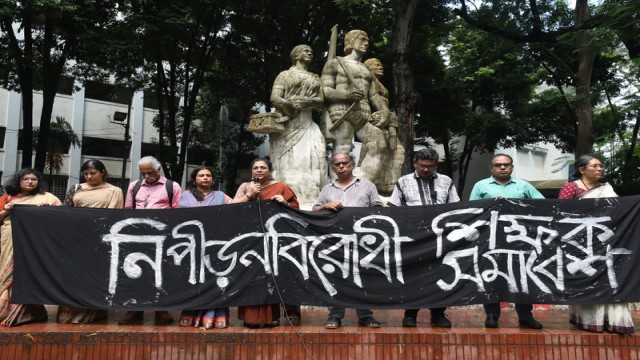
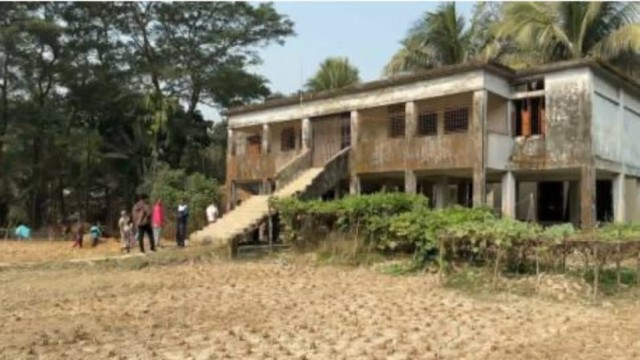
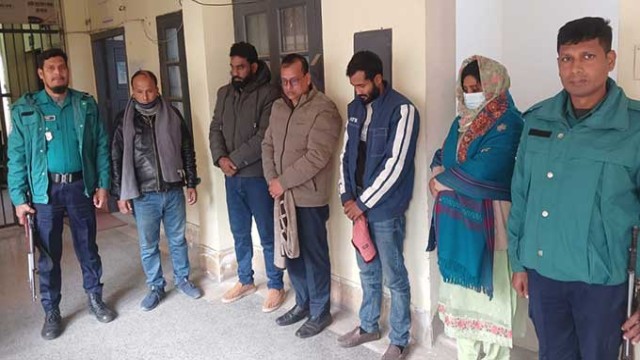
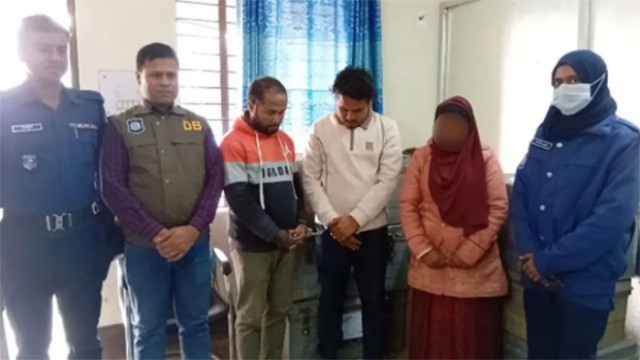
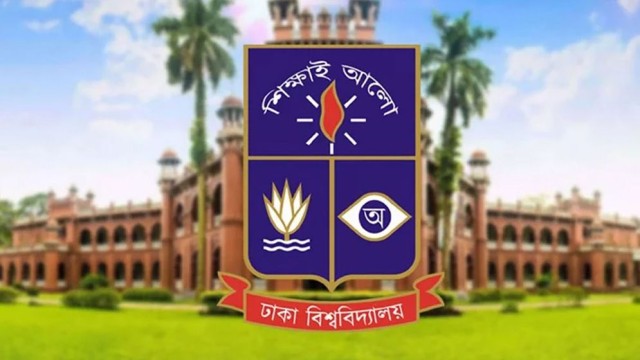
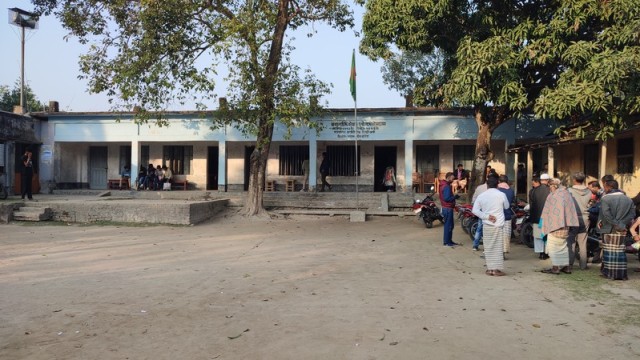
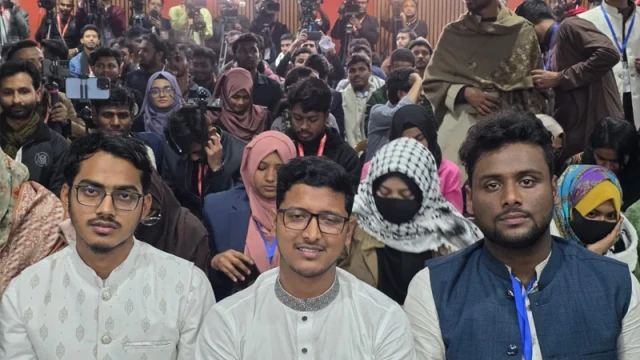
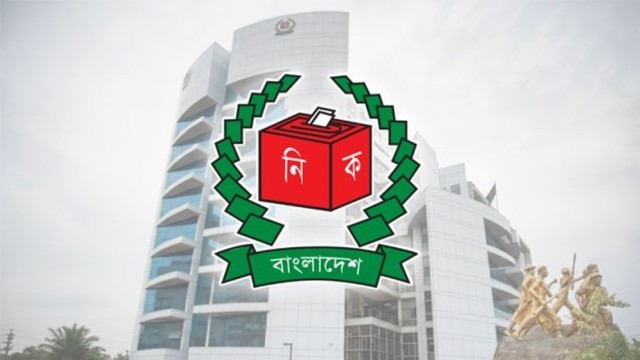
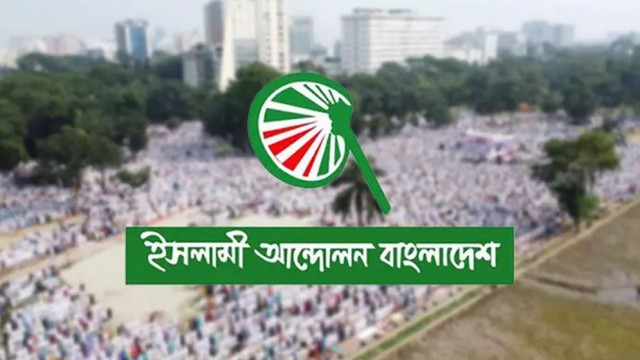
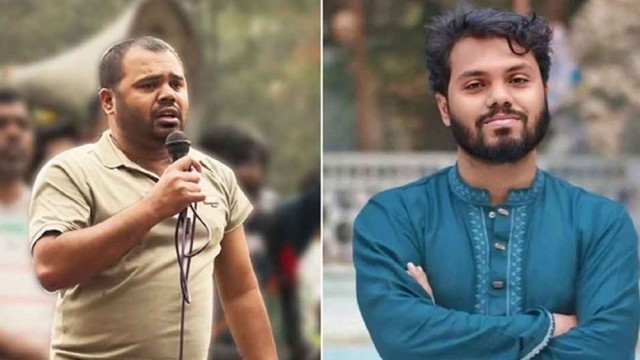
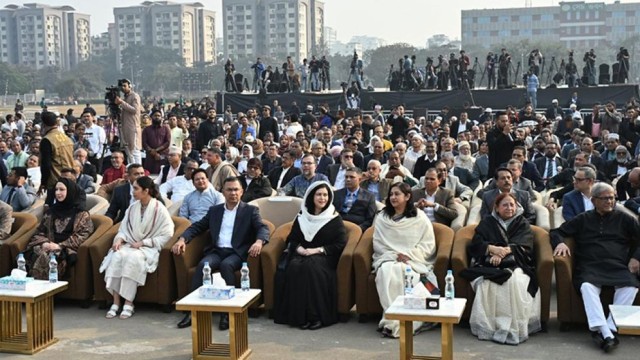

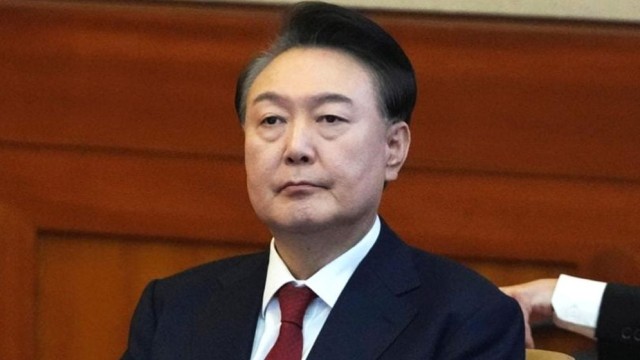

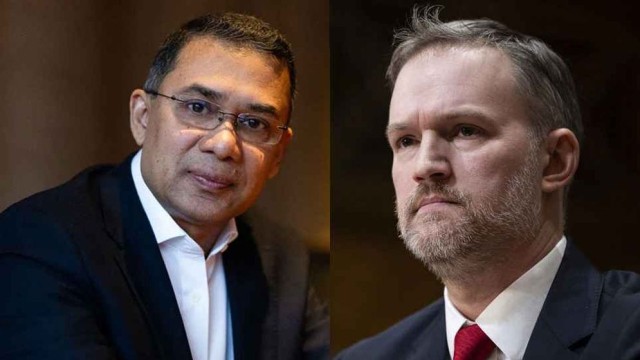
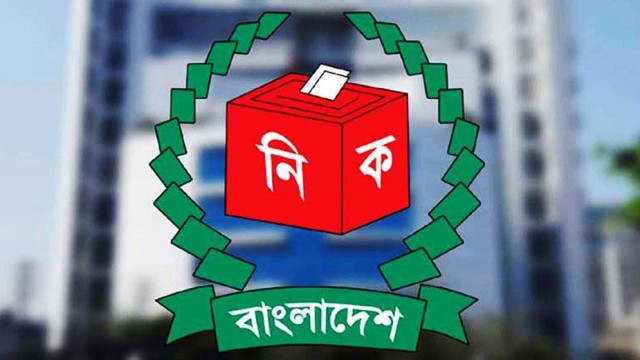



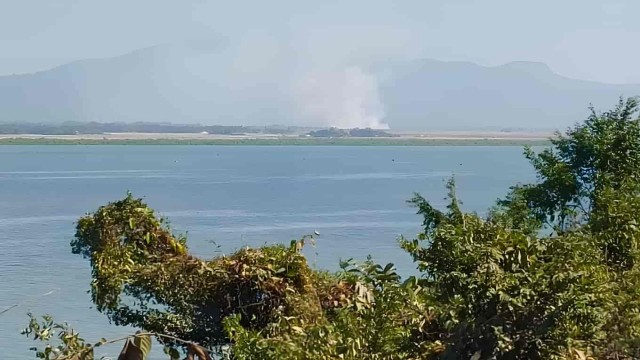
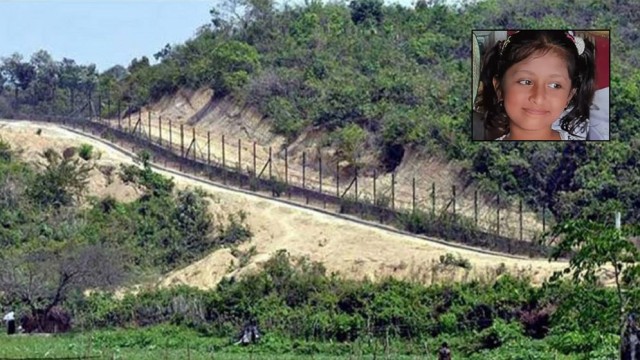
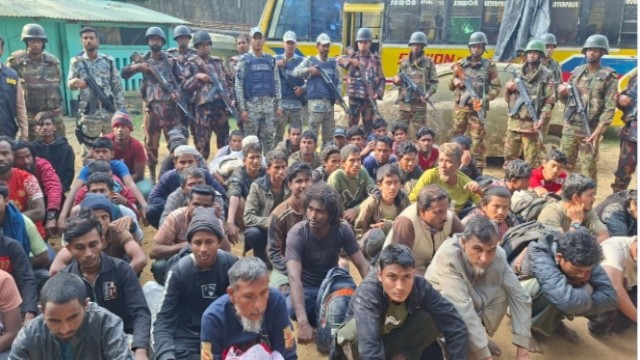
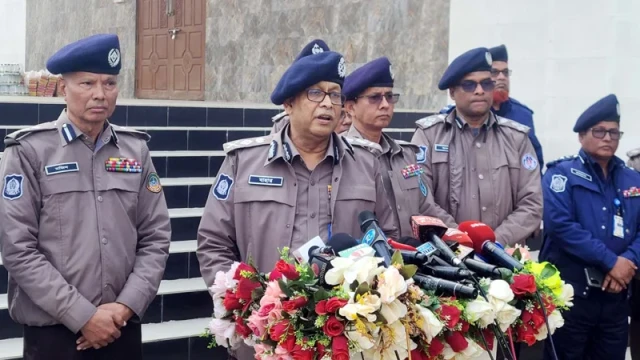

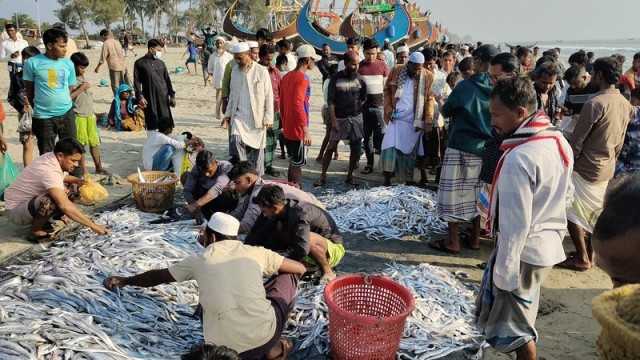
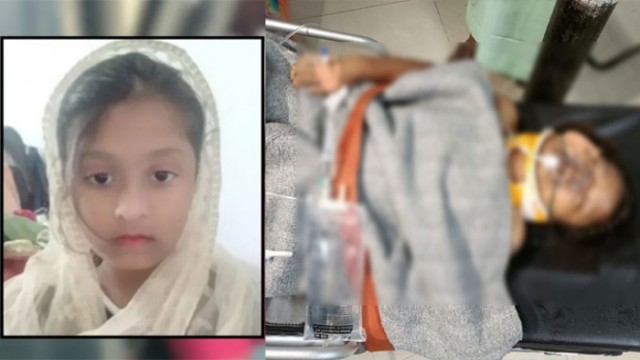
Comment: